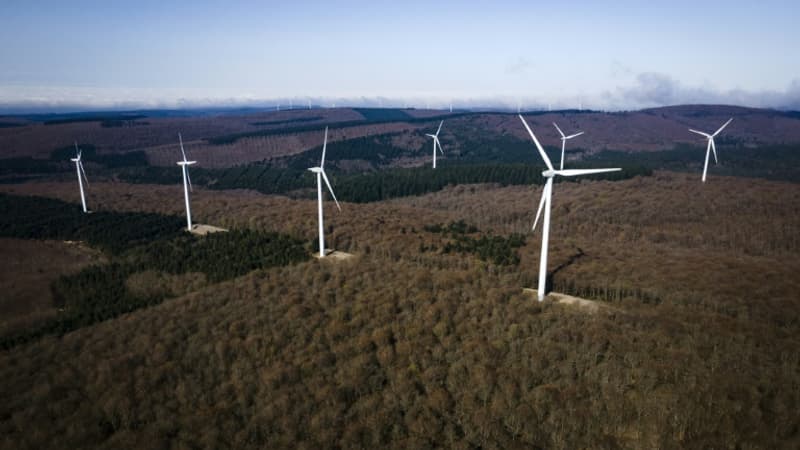The rejection rate of renewable energy projects in France has begun to decrease, Energy Transition Minister Agnès Pannier-Runacher celebrated on Wednesday, citing less than 20% rejections at the prefectural authorization stage. For a year now, the minister has committed to mobilizing prefects to activate the execution of wind, solar or biogas projects blocked at the state level, in the last phase of research.
There has been “an unprecedented mobilization of prefects and decentralized State services (…) It is beginning to bear fruit with a new dynamism in terms of authorizations,” he stated before the National Wind Conference organized every year by France Renewables. According to her, “the rejection rate has decreased from more than 30% to less than 20% in one year in projects that are the subject of an investigation.”
“More territorial equity” in the deployment of onshore wind
Representatives of the sector, in particular France Renouvelables, consider administrative difficulties as one of the sources of the blockage of these energies. In the field of onshore wind energy, those responsible for this organization regularly state that they have also felt the negative impact on prefectural decisions of President Emmanuel Macron’s statements, made at the beginning of 2020 and then at the beginning of 2022, against an acceleration of this energy. In Belfort in February 2022, the president advocated a slowdown and called for its capacity to be doubled in 30 years, instead of 10 years as planned then.
But in a context of climate and energy imperatives, the government should ultimately propose maintaining the minimum pace of development of onshore wind energy at 1.5 GW/year, within the framework of the future Multiannual Energy Program (PPE), the sheet of France’s energy route. until 2035, which is expected soon. To achieve this, he proposes “a new pact with local elected officials”, responsible for determining the “acceleration zones” for renewable energies. “So that those who know the territory are the ones who decide on its development,” Agnès Pannier-Runacher stressed on Wednesday, adding that it is “they who are capable of building the acceptability of the projects among the inhabitants.”
Source: BFM TV


